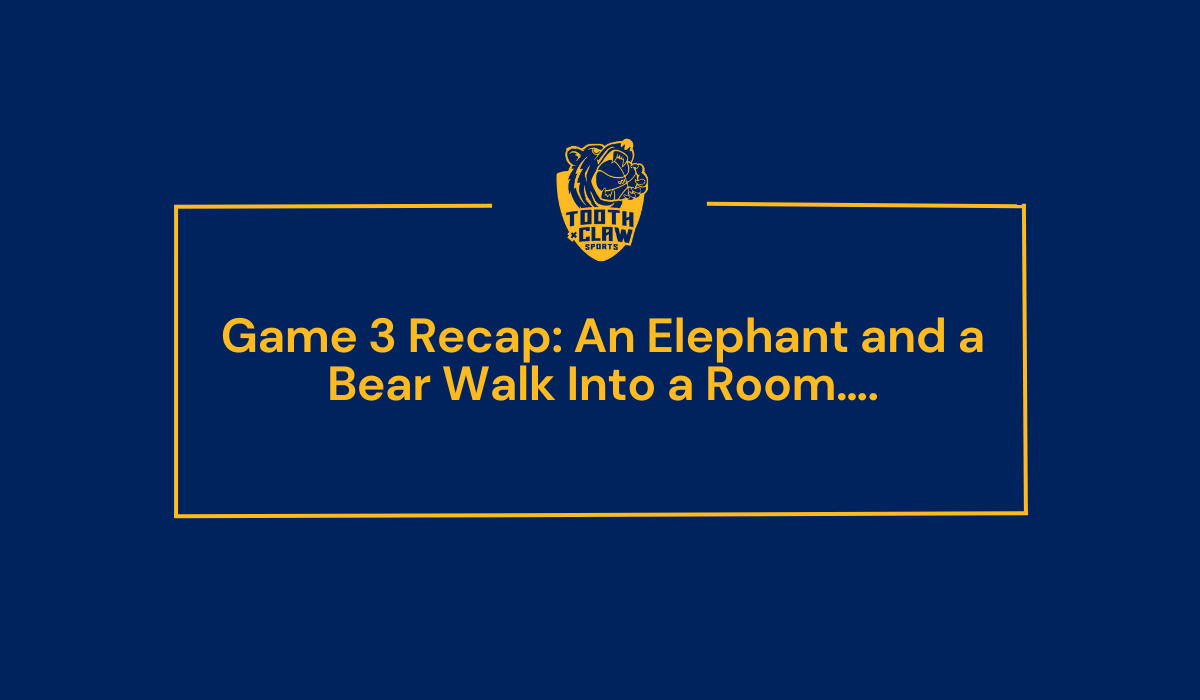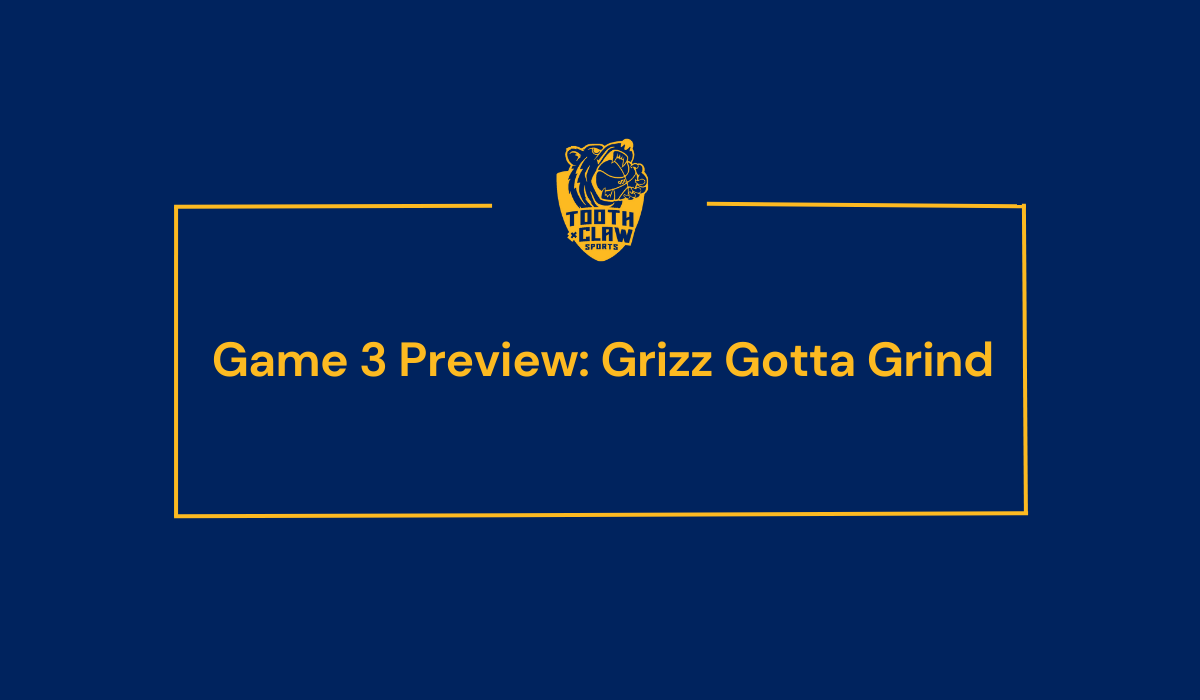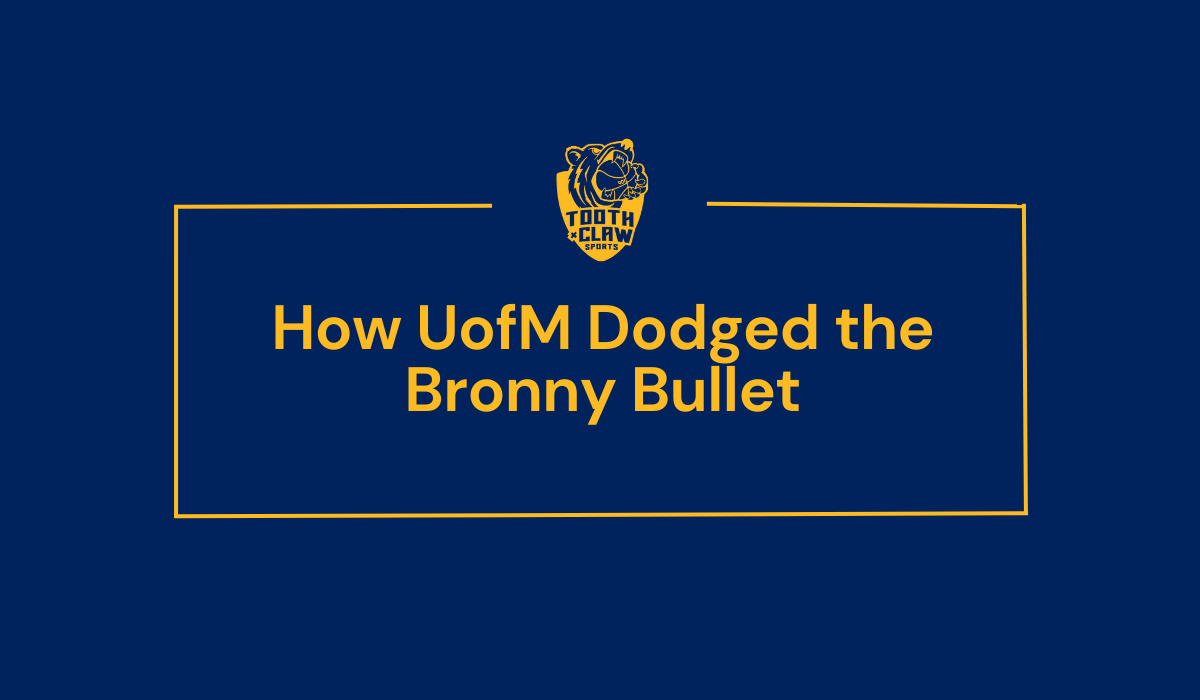We cannot continue evaluating Memphis Tigers basketball seasons without any rubric or metric for evaluation. After all, whether or not a season was disappointing is directly contingent upon reasonable expectations.
So, what do we expect?
As any coach would do, but especially because of his persona, Penny came into this position asking for all the smoke, talking about big recruits, national titles, and a return of legit Memphis hoops. Some of this came true; some of it remains a lofty, ambitous goal.
But these promises were never necessarily our expectations.
Let’s start with this: Penny Hardaway is good for the Memphis Tigers, Memphis sports, and Memphis in general. This is undeniable. After the Tubby Dark Ages, attendance declined steeply, the program was falling apart, and there was little hope for the immediate future.
Enter the hero we asked for but likely didn’t deserve: Penny Hardaway. In his first 5 seasons coaching the Tigers, Penny has had the #1 recruiting class in the nation twice. Penny attracted top talent to Memphis and put butts in seats. He gave the city hope and generated revenue. In turn, the city—from the university to the local sports media—properly celebrate him.
But whether or not Penny is the right coach for the University of Memphis (UofM) Tigers is different from whether or not Penny is going to be a successful coach for the UofM Tigers.
Think about this for a second.
Penny has crafted some of the best teams in NCAA history (two #1 recruiting classes), yet we have yet to make it out of the Round of 32 in the NCAA Tournament—and we couldn’t even beat FAU in the first round last year. In fact, during his 5 seasons as coach, we have only been to the Big Dance twice. For longer than we’d like to remember, we were also mired in scandal due to an issue directly stemming from Penny.
But are we even going to actually evaluate Penny based on results? Clearly, results will not sway our opinion of Penny, so we may as well just support him.
Local sports media have not been great in the integrity department when it comes to this, though we do get it. Frankly, Geoff Calkins is the only local sports journalist with the audacity to ask Penny the questions every local sports journalist should be asking: what’s really going on?
Or we can be homers and find every possible excuse that Penny hasn’t already found for himself. Do we not remember how good Penny is at excuses? Penny has blamed the players, fellow staff/coaches, media, fans, etc.—but he never seems to really place blame on himself. He even blamed having one-and-done 17- and 18-year-old NBA prospects, as though that’s a bad thing.
Don’t do that!
And why would he place blame on himself? When just one local sports journalist asks him a hard but necessary question, Penny reacts to the sudden collapse of his coronation with utter lack of decorum.
Examples abound. How often do we hear about losses that Penny’s squad suffered due to injuries? But do we hear about the injuries Houston suffered when we beat them (in any given year)? Likewise, we lost James Wiseman a couple seasons ago, sure, but even without him we still had (by far!) the best roster in the AAC. We can’t retain recruits (those not asked to leave the program) because why would one stay?
Penny says that the Tigers will be getting back to the basics, back to their core identity—whatever that means. It reminds us of when Penny said early last year, after a string of disappointing losses, that if he ran the team the way that he wanted to run it, then they’d be undefeated. Who’s running the team, then?
We’re not trying to be critical of Penny. We’re just rethinking how it is we should—or at least choose to—evaluate his coaching. After 5 seasons, the buck stops with him. And that scuffle between Kendric Davis and teammates during the most pivotal moment of the entire season reflects on coaching, though we can at least see the obstinate commitment to Alex Lomax come to an end.
We can accept the fact that Penny is good for Memphis basketball broadly while also accepting that he’s likely not a great coach that will not bring us a national title.
The two are not mutually exclusive—and if they are, then we need to make some choices.



